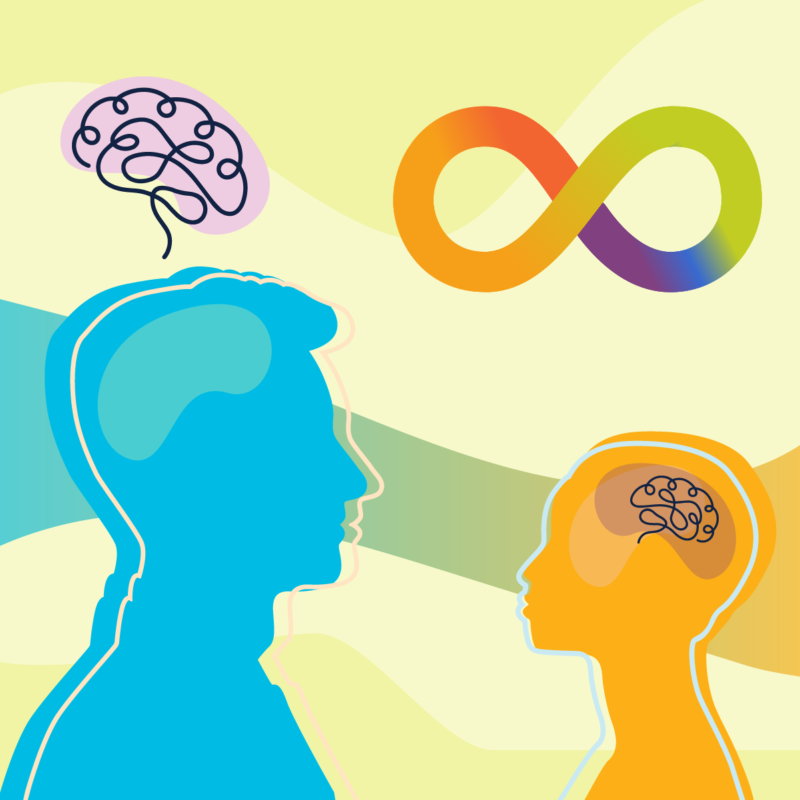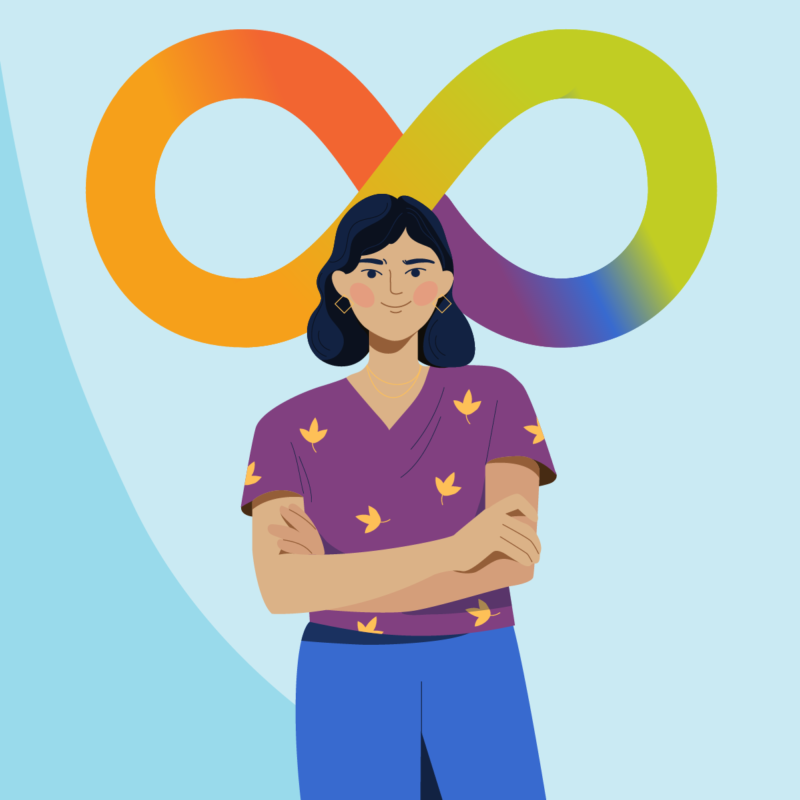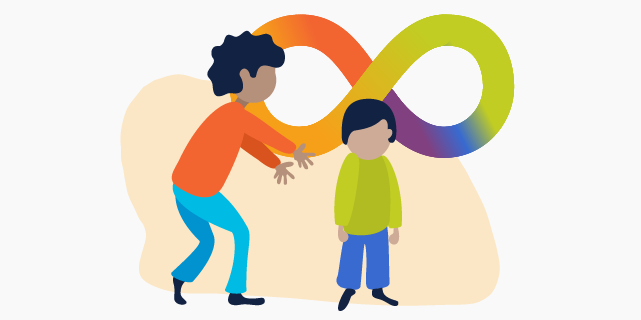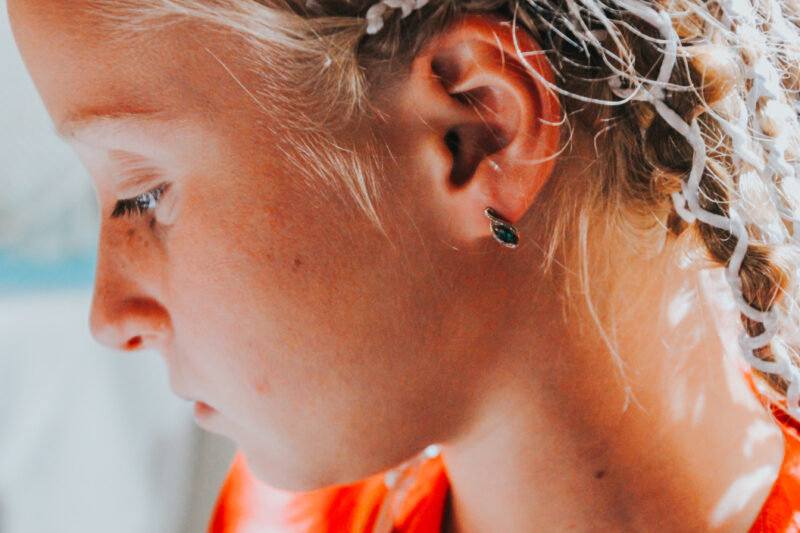
7 Strategies to Help Gifted Autistic Students Succeed in College
About 1 out of every 100 students in American public schools has autism. A subset of these students also have academic gifts and talents in a broad range of areas, including math, science, technology, the humanities and the arts. These Read more >>











